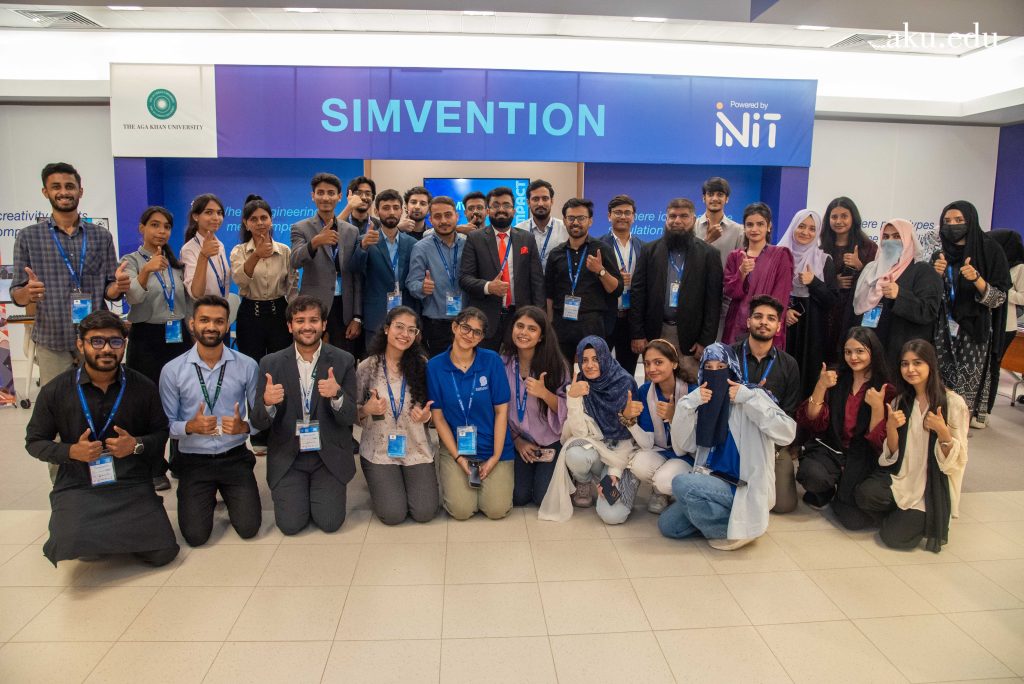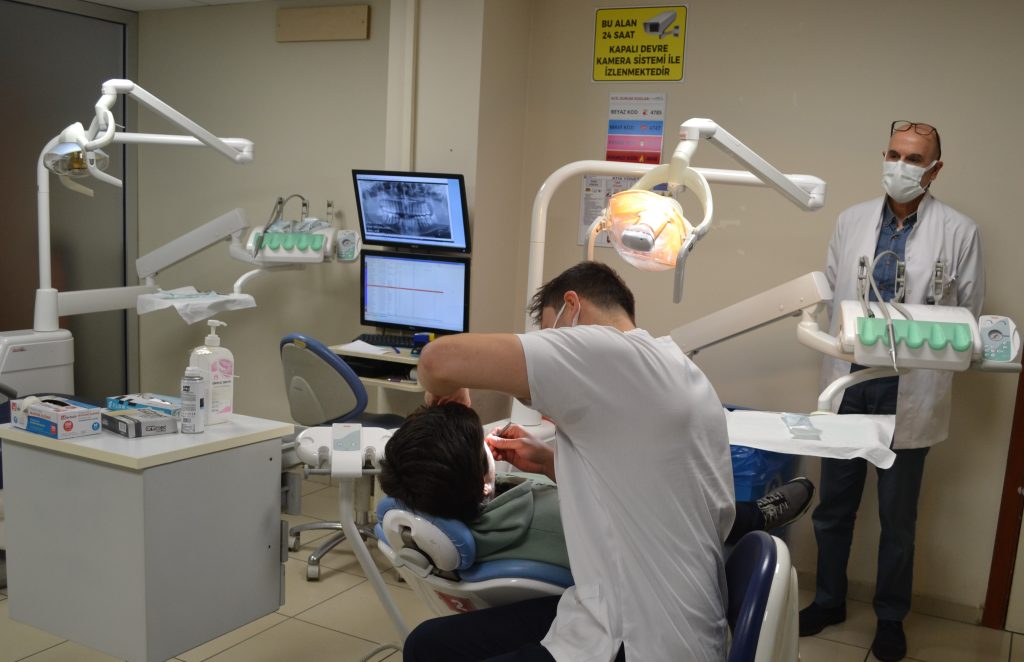Taking on a leadership role as a chair of a simulation center requires more than clinical skills, critical thinking, and strong communication. Often, sim center directors are clinical professionals who have earned a healthcare degree. And stepping into management means to take on new responsibilities that include planning, budgeting, time management, quality improvement, and staff relations. The role changes radically from previous clinician days and sometimes it is hard to have a sense of what you should or should not be focusing on as you get going. Here are some practical tips for becoming an effective sim center director.

Lilia Chavarria
Dr. Chavarria has over 20 years of clinical experience including healthcare experience working in the hospital environment, managing a medical imaging facility, marketing healthcare products, and serving as a faculty member for over 16 years. She is registered in Radiography, CT Scan, & Magnetic Resonance Imaging. She currently teaches at a graduate level at other institutions.
Dr. Chavarria holds a Master’s Degree in Health Sciences from Nova Southeastern University and a Doctoral degree in Education in Organizational Leadership (with specialization in Healthcare Administration) from Grand Canyon University. She is also certified as a healthcare simulation educator.
1. Immerse yourself in adult experiential learning theory
Without understanding how adults learn via simulation, it would be hard to oversee the simulation center. Because experiential learning differs from theoretical learning, the sim director must take the lead on what is the best way to develop their faculty/staff on the appropriate methodology of a sim program.
2. Train your staff to understand the role of simulation
Most staff members in simulation come from lab/clinical teaching. Training staff on understanding and embracing the correct methodology would be important to maximize the learner’s experience.
3. Align your simulation center to meet the goals of the organization/hospital
There may be competing factors on what is best for the students/faculty/healthcare professionals. It is always important for the sim director to fulfill the role that it was established in the first place. What is the reason for this center’s existence? Sometimes you have to take a step back and look at the big picture. That is having a vision.
4. Be a good listener
That is the most important communication step. You must learn how to listen to all parties. That is the only way you will be able to bring it all together.
5. Always look out for the best of your learner’s experience
Never forget that the learner must come out of your center with a good experience- that is learning from their simulations.
6. Collect data to improve
Very important to assess your program. You will need it for accreditation and for your organization. Be intentional about it.
READ ALSO












































